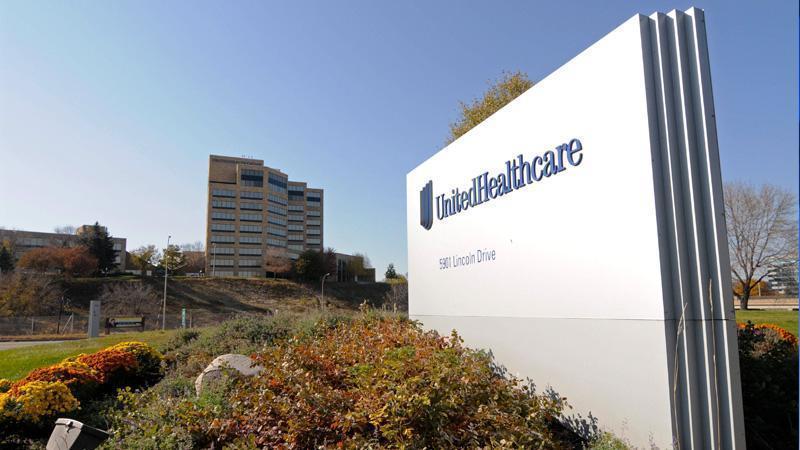United Healthcare reaches $15.6M settlement over mental health coverage

This Tuesday Oct. 16, 2012, file photo shows a portion of The UnitedHealth Group Inc. campus in Minnetonka, Minn.[AP Photo/Jim Mone, File ]
United Behavioral Health, United Healthcare and Oxford Health have agreed to pay a total of $15.6 million collectively to settle allegations that they violated involving the federal mental health parity law.
5 INVESTIGATES highlighted this issue in 2019. Following the report, multiple requests were made from Minnesotans to Attorney General Keith Ellison’s office to address issues relating to the same thing: the denial of mental health insurance.
An investigation by the U.S. Department of Labor’s Employee Benefits Security Administration found that, dating back to at least 2013, United reduced reimbursement rates for out-of-network mental health services, thereby overcharging participants for those services, and flagged participants undergoing mental health treatments for a utilization review, resulting in many denials of payment for those services.
According to the department, the companies will pay $10 million to resolve claims by government and private litigants, $2.5 million to resolve claims brought by the Labor Department, $1.1 million for claims brought by the New York attorney general, and over $2 million in penalties. The two settlement agreements were filed Wednesday in the U.S. District Court for the Eastern District of New York.
The companies, which administer employer-sponsored health plans, are accused of systematically reimbursing out-of-network mental health services more restrictively than they reimburse out-of-network medical or surgical services.
Under the Mental Health Parity and Addiction Equity Act (MHPAEA), mental health treatments must be covered on the same terms as medical and surgical benefits.
"Enforcing the mental health parity law is a very high priority for the Department of Labor and this administration," Ali Khawar, acting assistant secretary for the Employee Benefits Security Administration (EBSA), said at a press briefing Thursday.
"The secretary of labor views this as probably our top health enforcement priority for EBSA," he said. "It does signify another step in our efforts to make sure we’re meeting the promise of MHPAEA and the promise of parity."
In a company statement, UnitedHealth Group said it is "committed to ensuring all our members have access to care and to reimbursing providers consistent with the terms of the member’s health plan and state and federal rules."
"We are pleased to resolve these issues related to business practices no longer used by the company," the company said. "As part of our broader commitment to quality care, we continue to support our members with increased access to providers and new ways to get the effective behavioral support they need."